


194 Posts
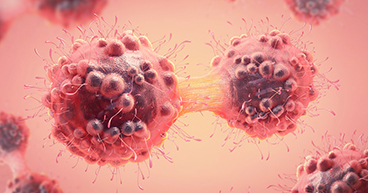
September 26, 2018
Busting myths: Cancer is not just one diseaseSome people can’t fathom why researchers haven’t figured out how to cure cancer yet. But what research has shown is that cancer is not just one disease but many, each with its own characteristics, risk factors, causes and treatments.
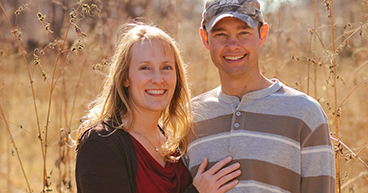
September 19, 2018
Caring for the caregiver: Tips for navigating an unpredictable pathA critical member of a cancer patient’s team often has the least amount of training. Learn about the unique stressors of the caregiver role.
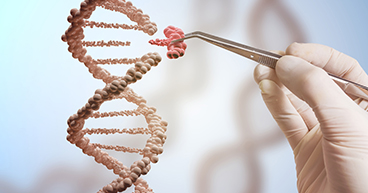
September 12, 2018
Tumor mutation measurement may help predict treatment successMotivated by the potential of immunotherapy, doctors and researchers are exploring new ways to better forecast when they may be a viable treatment for more cancers and show better outcomes in a larger percentage of patients.
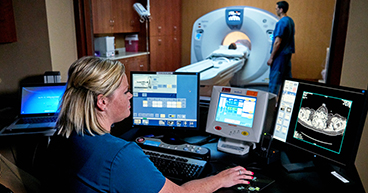
August 29, 2018
Whats the difference? Radiology and radiation therapyRadiology and radiation therapy are critical components to many cancer diagnoses and treatments, but because of their similar names, patients often get confused by what exactly each does for them.

August 22, 2018
Immunotherapy may help elderly cancer patients, but more data is neededElderly patients, 65 and older, with weakened immune systems may not have the robust response to immunotherapy some younger patients experience.
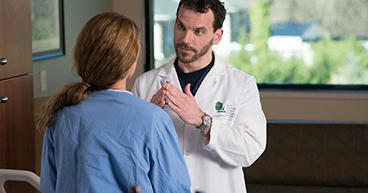
August 8, 2018
Consider risks before using hormone replacement therapy, experts sayPersonal health history and cancer risk should be carefully weighed by women considering hormone replacement therapy to manage symptoms of menopause, experts say.
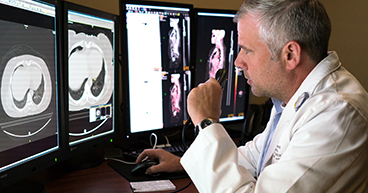
July 19, 2018
Precision medicine is redefining what makes a cancer rare or commonIn a growing number of cases, the era of precision medicine has flipped the perceptions about rare and common cancers upside down.

July 11, 2018
Vitamin D: An important but elusive nutrientFor many cancer patients, it's hard to get enough vitamin D because treatments for the disease may cause the skin to be extra sensitive to sun damage.
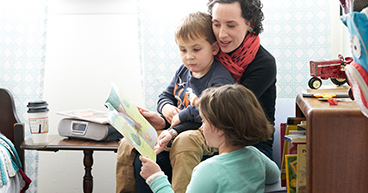
July 5, 2018
How to talk to your kids about your cancer diagnosisTelling your kids you have cancer may be an intimidating task. Here are some tips to get you started.
Guidelines
The information contained in this blog is not intended nor implied to be a substitute for professional medical advice. Always seek the advice of your physician or other qualified health provider prior to starting any new treatment or with any questions you may have regarding a medical condition. Nothing contained in the blog is intended to be used for medical diagnosis or treatment of any illness, condition or disease.